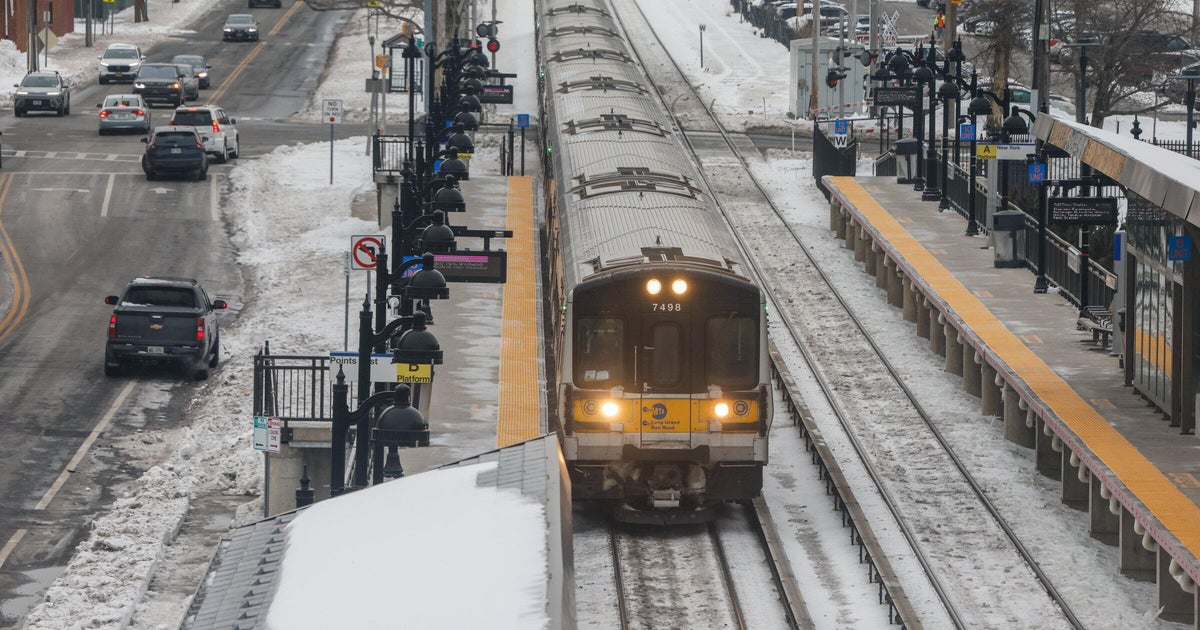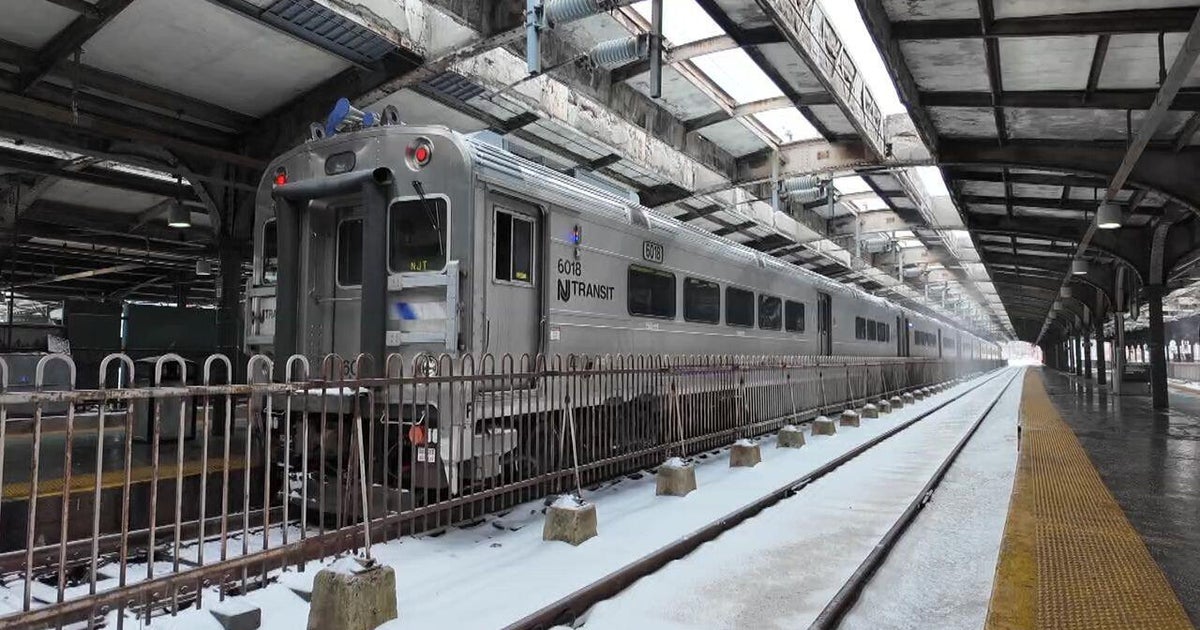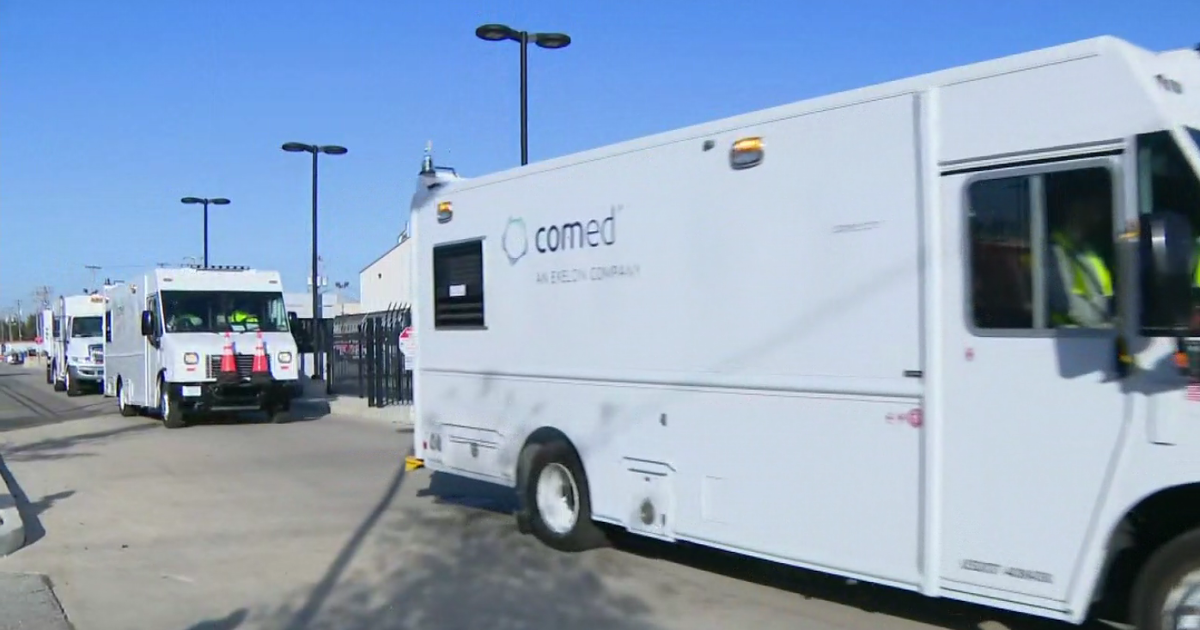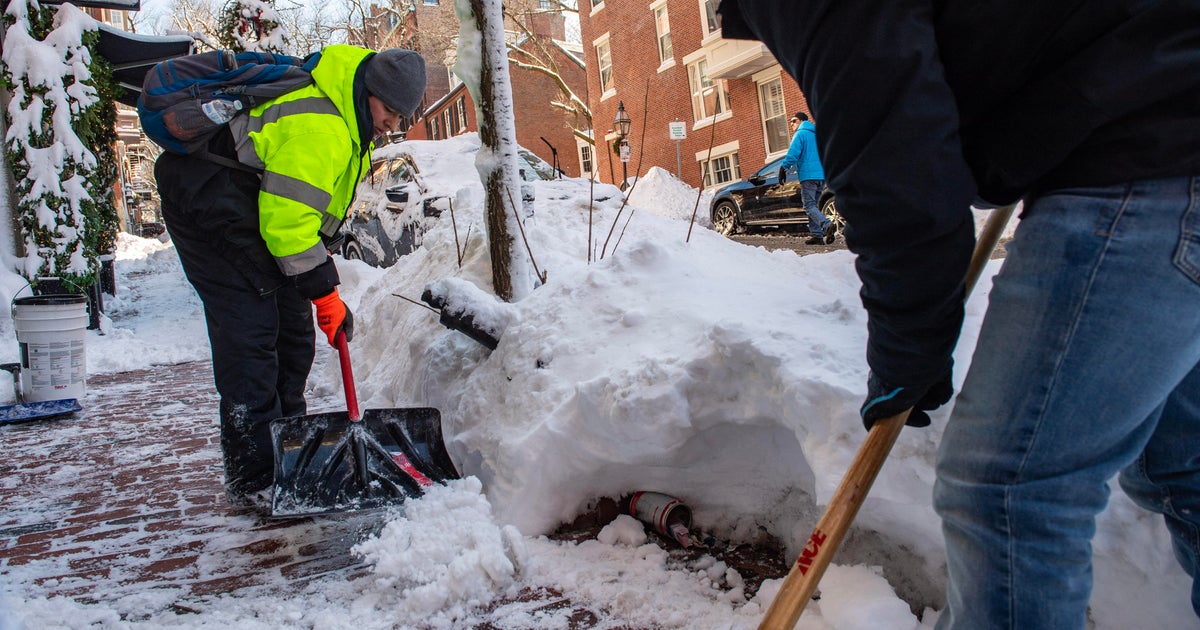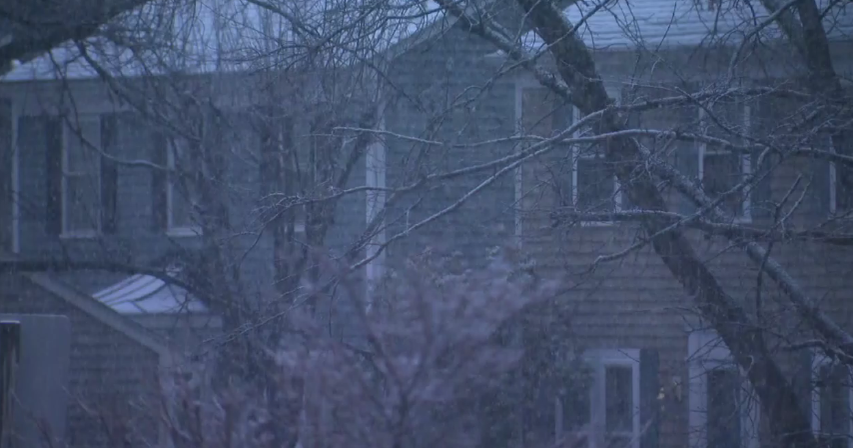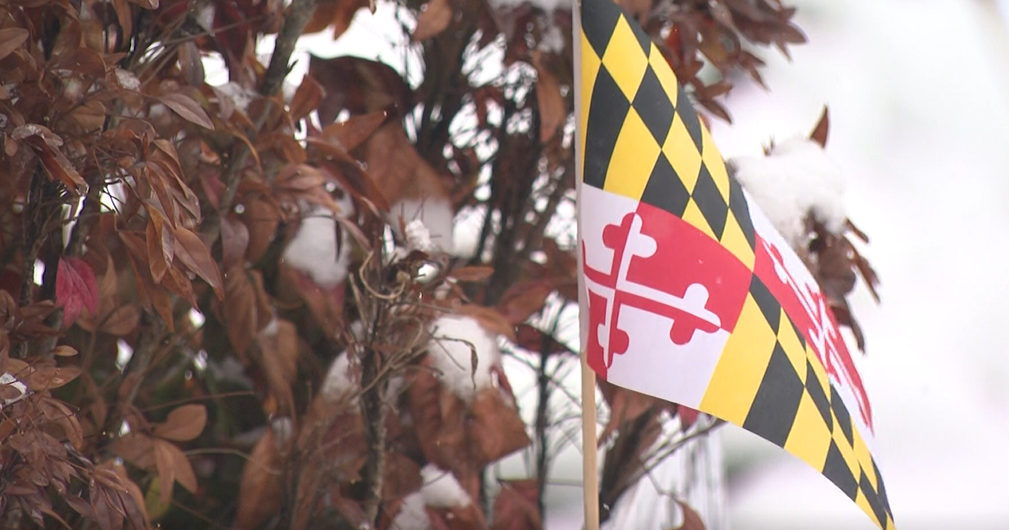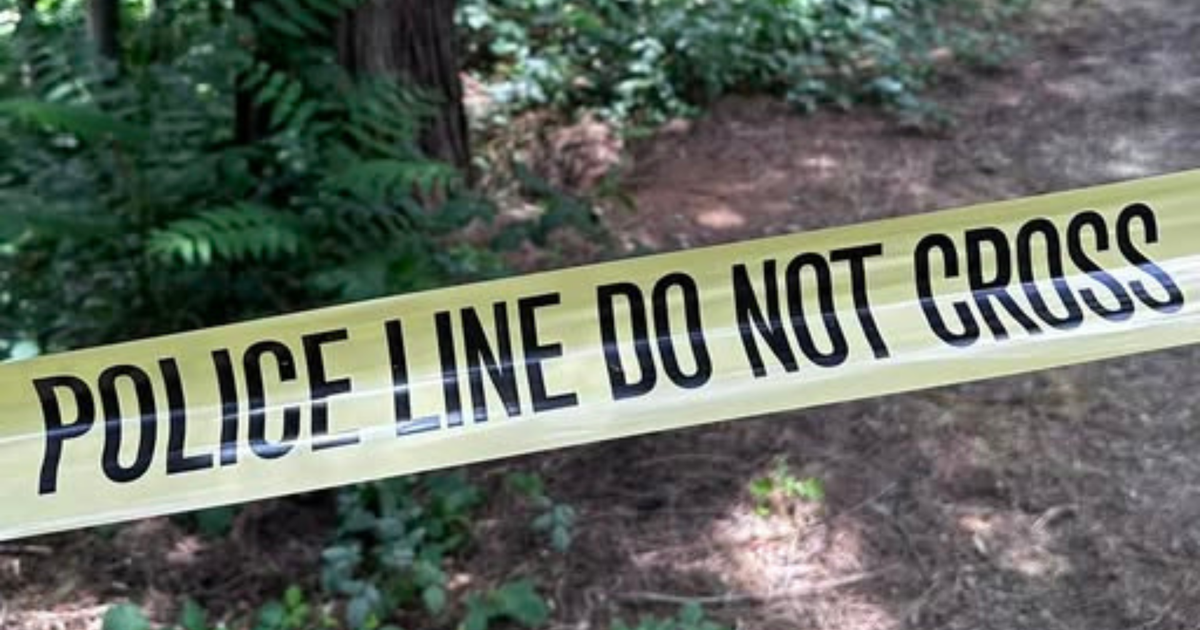Three Years After Sandy, Experts Urge Action Before Next Major Storm Lands
NEW YORK (CBSNewYork) -- Three years after Sandy, one question lingers 'are we safer?'
The boardwalks and the beaches have been largely restored, subway shafts have been sealed up, but many homes were never repaired, and there's the nagging sense about what could happen when we get hit again.
When the storm came ashore it triggered flooding, and in Breezy Point raging flames. Tunnels turned into rivers, and lives were lost in a rage of nature.
Three-years-later we are still rebuilding. The city said some 60 percent of people in the Build-It-Back program have received either construction of financial help returning home.
Dan Zarilli, the director of the Mayor's Office of Recovery and Resiliency, said the city has been hardening coastlines and that we are safer now than when Sandy hit.
"We've put in place 4.2 cubic yards, almost 10 miles of dunes has been constructed across the city, and we've upgraded miles of bulkheads," he told CBS2's Dick Brennan.
The boardwalks have largely come back, but Rockaway's is still being built. Sandy's floods wreaked havoc on subways. The MTA built a new sea wall to protect the train in the Rockaways, and work continues on the destroyed South Ferry station.
"We are in the process, first of all rebuilding that station, but at the same time, going to harden stations," MTA spokesman Al Ortiz said.
Amtrak's Hudson tunnels still need major renovation. In New Jersey, NJ Transit will elevate trains at the Hoboken rail yard.
On Staten Island, the hardest hit of all the boros, the city is restoring 68 acres of wetlands.
Sandy forced hospital evacuations too. FEMA has now given more than $2-billion for hospitals to relocate generators and build flood walls.
Millions of gallons of flood waters poured into the Battery Tunnel. The MTA now has plans to seal it up, but the question remains, are we ready for the next storm?
Columbia University Geophysicist Klaus Jacob is on the Mayor's advisory panel on climate change. Weeks before Sandy he very accurately predicted what a huge storm surge could do to the city. Now he said with stronger storms and rising water, billions more must be spent.
"We have to grasp, this is what this means, if not we will have Sandy occurrences over and over again," he said.
Jacob insisted that we have to rethink everything, spend billions more, raise things up, and in some cases flat-out retreat from the shore.
